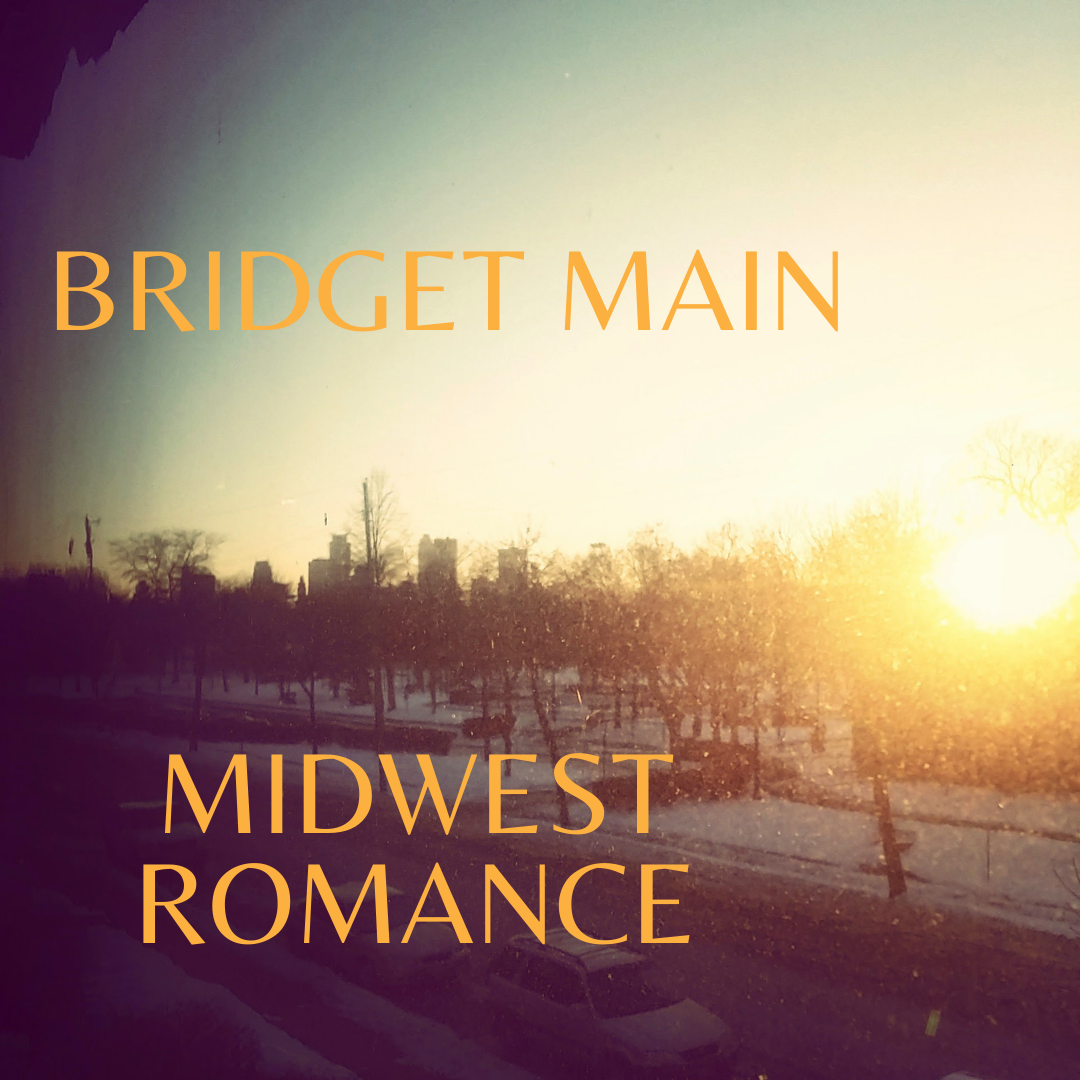Why I Say All Books are Autobiographical (Even though I know I'm wrong)
I find myself whipping out this comment all the time when talking to coworkers, family, even fellow writers. Most people shrug, unimpressed by my deep understanding of artistry. And yet I keep saying it — why? Why can’t I let go of this concept? Finally it hit me — The thing that stopped me from writing for a very long time is the fear of people reading my work and identifying what about it is autobiographical.
“Oh, the heroine had a bad experience with a dog once? Bridget, are you talking about that one dog in 3rd grade that barked at you? You think that qualifies as a bad experience?”
Or try this—
“Bridget, this is your mother calling. How dare you portray me this way in your tawdry little fiction—”
So when I first decided I had to shuck this fear, that it was too hard to not be writing, my best strategy to survive was to start polling the audience. Polling and polling, trying to see if anyone else was so intimately aware of how each minor descriptor in their work was a reflection of the nuance in their sweet, naive subconscious.
And before you tell me I’m crazy, (which you might not), take a look at how much every lit class is built on writing essays on how an authors’ personal experiences mirror the events and traumas in the books they write. Heck, go watch Becoming Jane. It’s a truth universally acknowledged, as Jane would say. If all the greats have accepted their fate of becoming the study of history (assuming they become prolific), of becoming a topic for others to analyze and hypothesize around, then I should just get over it, right?
But I won’t.
At least not until I feel like I’ve done myself justice in the eyes of… I don’t know, the Literature Fairy.
And I think this fear is important. I think this fear is what will push me through every revision so that once I put my little creations out into the world, they become the stars that shape a constellation of Bridget Main up in the night sky.
(Don’t get me wrong - I’m writing pure romantic trash and anyone who says they prefer “classics” or “thoughtful” novels can go die in a fire.)
For the most part, I’ve gotten over my early paralysis. I bake my feelings and experiences into the tiniest little things, cross pollinate my internal dialogue over every single character to make them both me and not me. It’s kept me from feeling too exposed so far.
My main question now is when will I stop saying this to random people standing at the streetlight waiting for the “DO NOT WALK” sign to change? I long to become a writer so confident in the value of their story and their voice that I can stop using this disclaimer so regularly.
All authors are in their work. That’s why we’re a neurotic, egotistical group of people. And as artists, I would venture a guess that we’re all just a tidge narcissistic about it. Pride is funny like that - a virtue and a vice.
But go ahead, tell me I’m wrong. You won’t be the first one.
